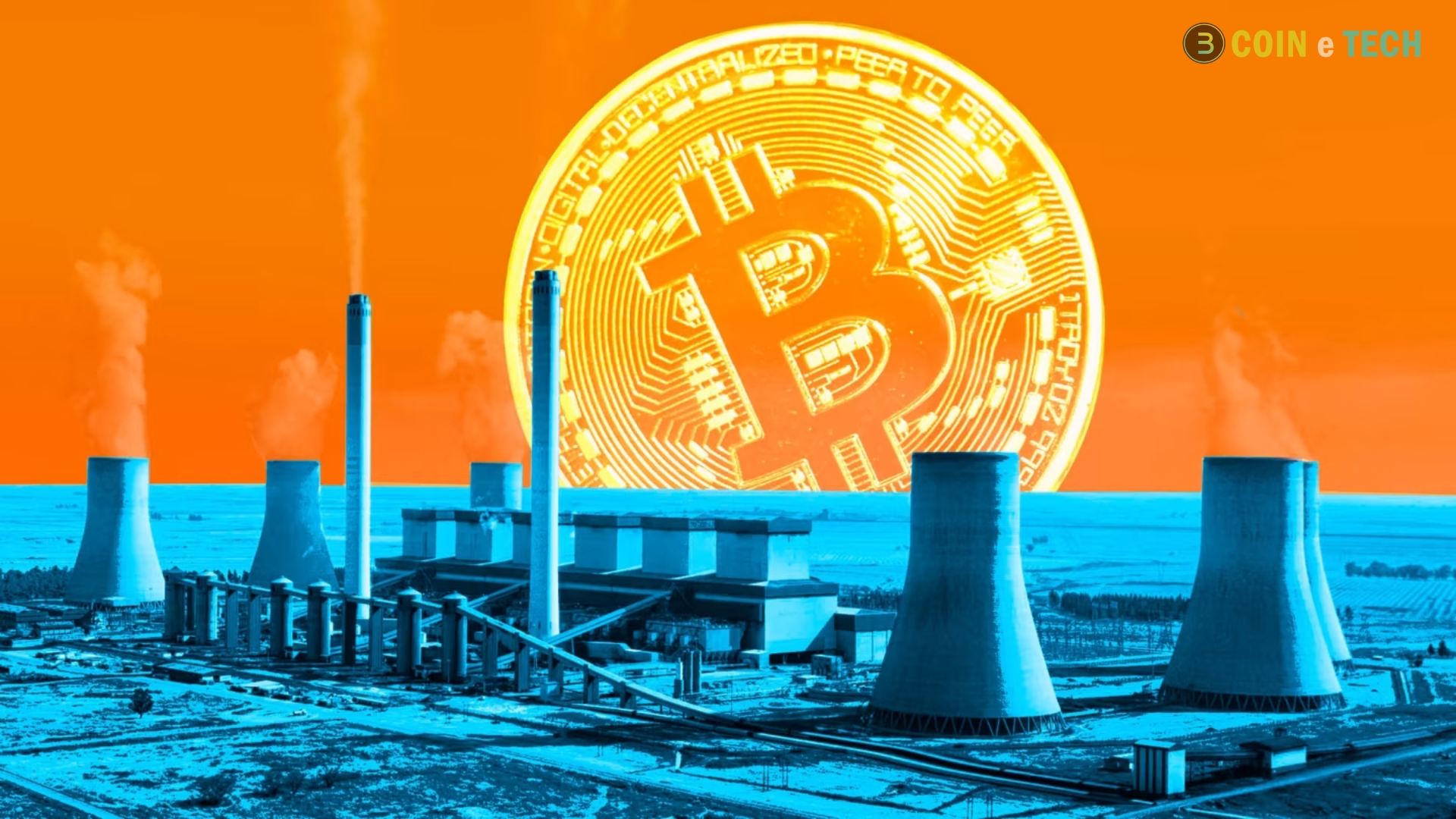Russia Crypto Mining: Thanks to its plentiful and dependable energy sources and relatively cheap electricity prices, Russia has emerged as a critical participant in the cryptocurrency mining industry. However, this quick growth has had consequences. President Putin’s recent warnings regarding the strain on Russia’s power networks caused by crypto mining have highlighted a critical issue with worldwide ramifications.
The Energy Drain of Russia Crypto Mining
Crypto mining, an energy-intensive process that verifies transactions and secures blockchain networks, is becoming more popular in Russia. Because of its plentiful energy resources, the country is a popular destination for miners looking for affordable power. So, the United States is at the top of the world regarding cryptocurrency mining, with Russia right behind.
Putin’s Call for Regulation
Crypto mining’s dramatic increase in energy consumption is a significant problem, notwithstanding the positive effects on the economy. Russian President Vladimir Putin is worried that unregulated mining operations could cause power outages and shortages, and he has spoken out about his concerns about the possibility of such disruptions. Aside from the apparent economic dangers, this situation raises more extensive infrastructure and environmental issues.
Russian lawmakers are reportedly contemplating a bill that would authorize the government to ban crypto-mining in areas with energy shortages and restrict extensive crypto-mining to authorized companies (Agence France-Presse, July 17).
According to Kommersant, the State Duma Committee has approved a bill to legalize cryptocurrency mining but ban its use as legal money. Russian law does not outright prohibit cryptocurrencies, but it does limit cryptocurrency transactions.
Global Economic and Energy Implications of Russia Crypto Mining
The problem of cryptocurrency mining in Russia extends beyond its borders. The country’s energy sector is crucial to the cryptocurrency mining industry so that any issues could have repercussions in worldwide energy markets.
These disruptions could potentially impact energy prices and supply chains around the world, bringing an air of instability and unpredictability. This might have repercussions for more than just the cryptocurrency industry.
This issue highlights a major tension in the modern period: how to keep vital infrastructure stable while technology advances. The need for reliable energy sources to power everyday life and industry is at odds with the allure of cryptocurrencies as a decentralized financial system.
The effects of cryptocurrency mining are substantial, and they extend beyond the current energy crisis. Mining’s inherent energy consumption results in carbon emissions, which have raised concerns about the activity’s long-term viability. Industry leaders and policymakers must address the pressing concern of Bitcoin mining’s environmental impact as the fight against climate change intensifies.
The Role of Regulation and International Cooperation
In light of these concerns, Putin has suggested rules to control cryptocurrency mining’s energy consumption. These rules would include tariff and tax policies that balance the industry’s economic advantages with the necessity to safeguard energy resources.
To further reduce the impact of cryptocurrencies on global energy markets and establish unified approaches to their regulation, international cooperation among countries such as the BRICS (Brazil, Russia, India, China, and South Africa) is crucial.
Conclusion
The problem of cryptocurrency mining in Russia is emblematic of broader issues caused by the exponential development of digital technologies on a global scale. As countries navigate this complex task, it will be crucial to find solutions that integrate cryptocurrencies into economies in a way that is both innovative and sustainable.
Responsible cryptocurrency mining practices and the global resilience of energy infrastructures require regulatory frameworks that result from joint efforts by governments, business leaders, and environmental activists.








